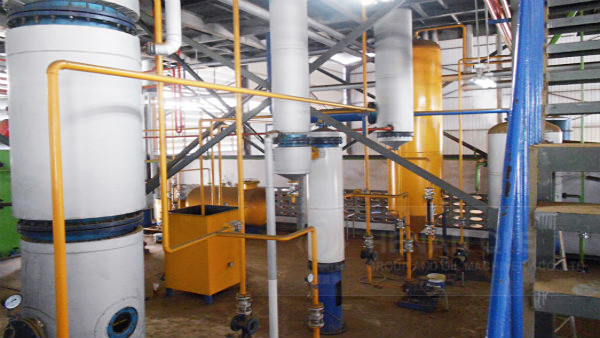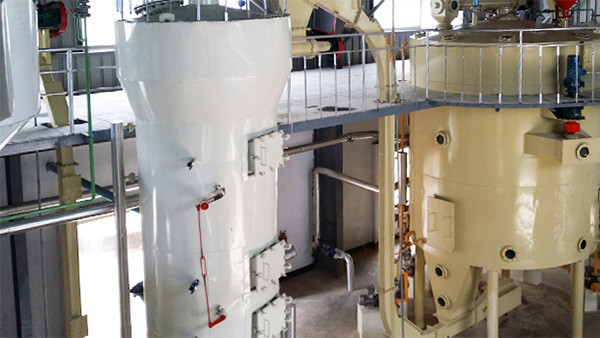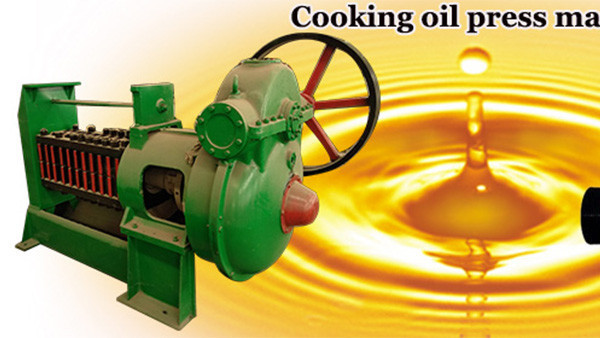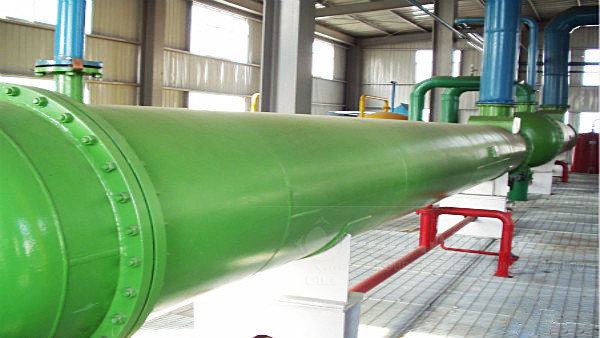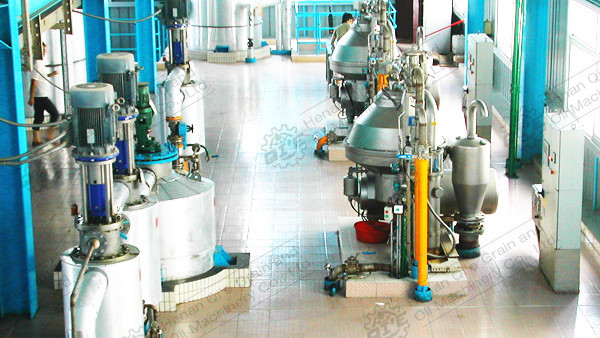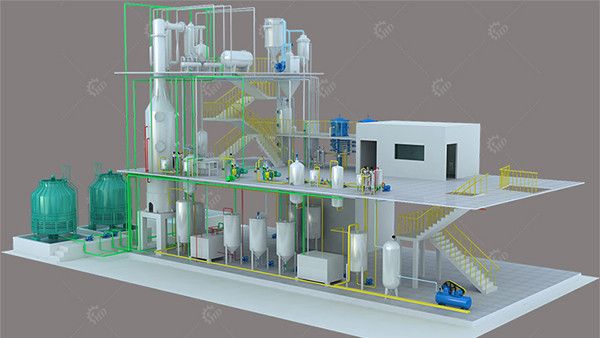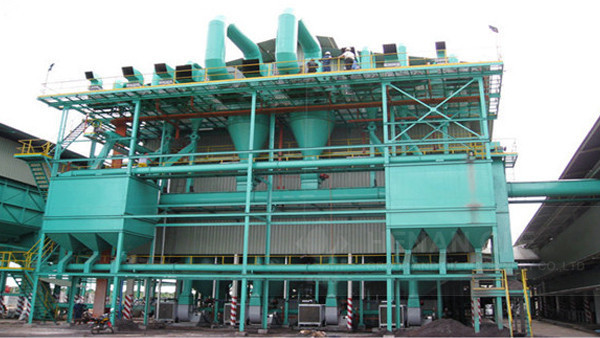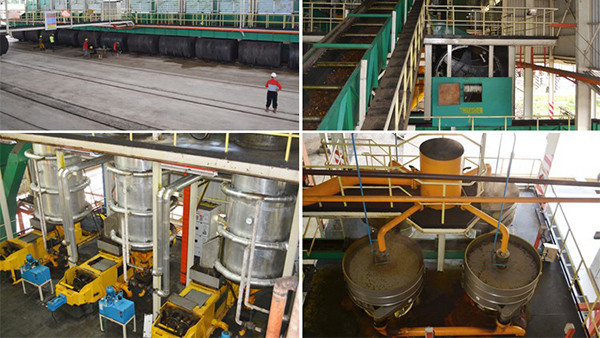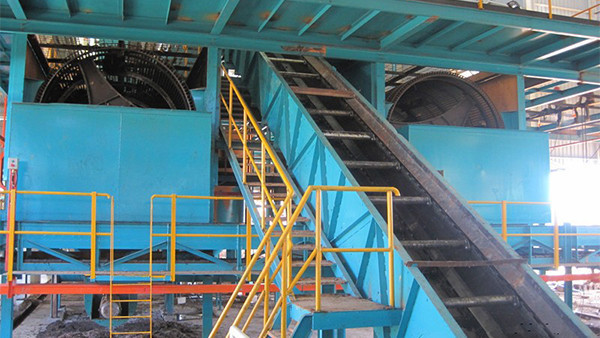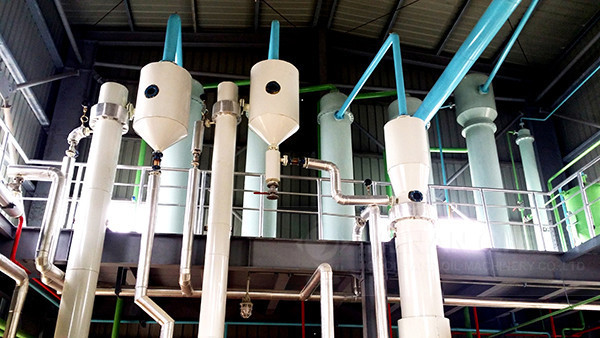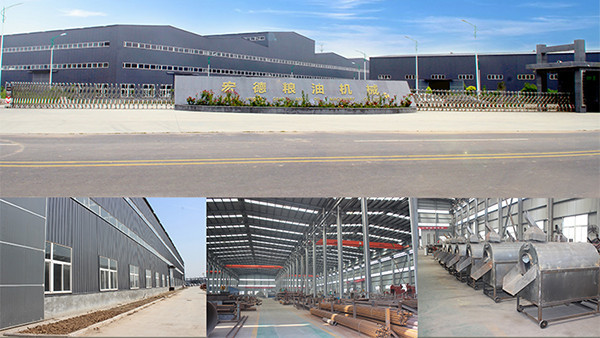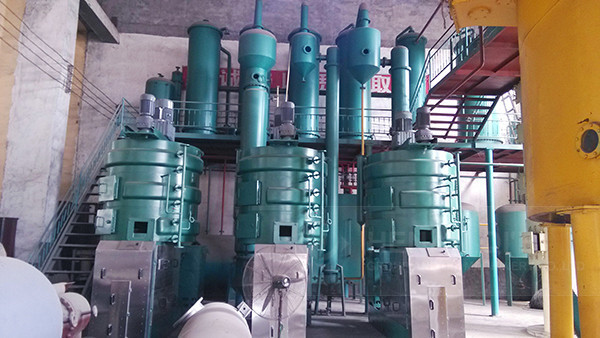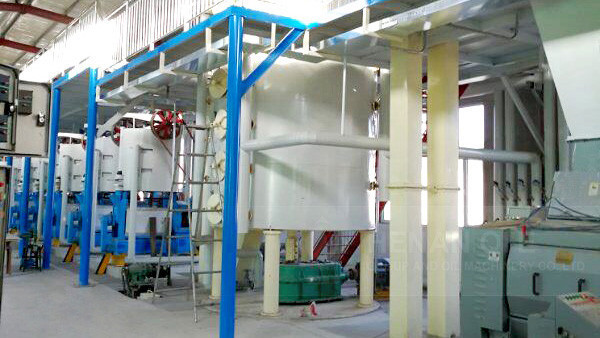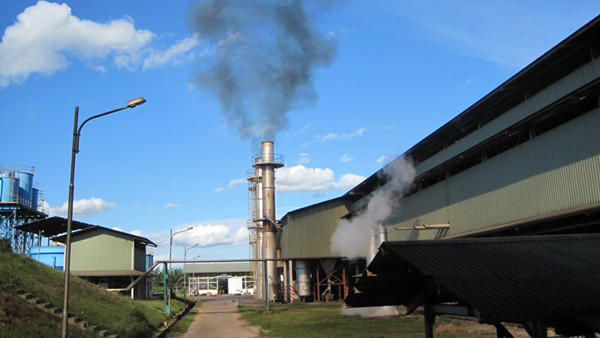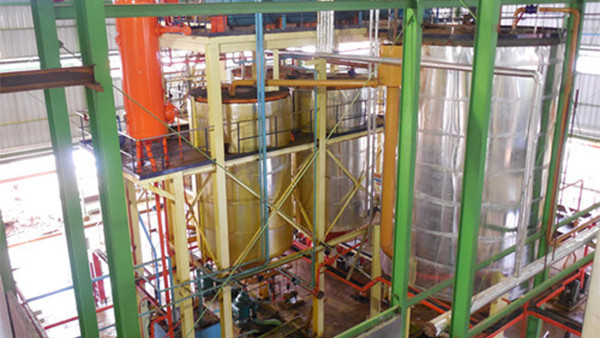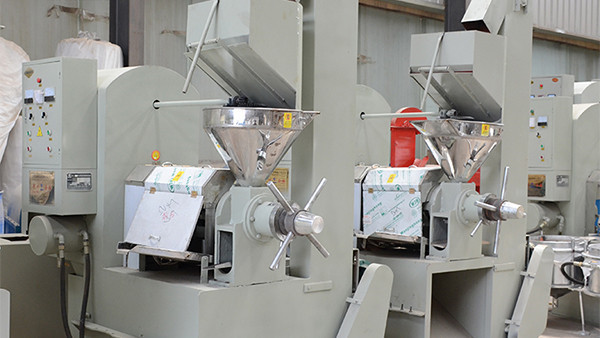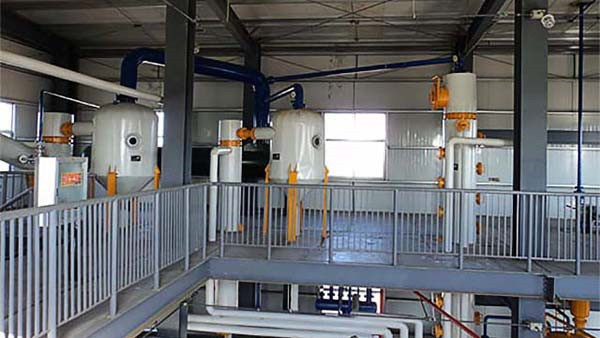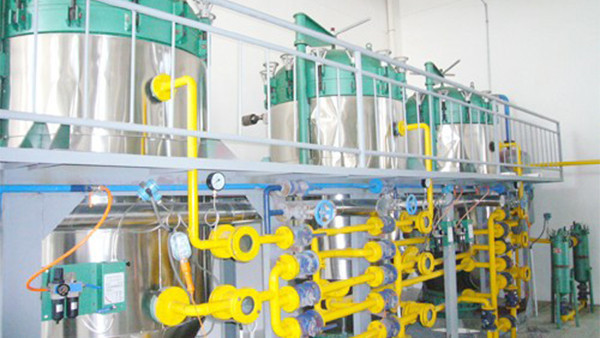
Life cycle assessment and life cycle cost analysis of Jatropha
In this study, a Life Cycle Cost (LCC) is integrated within a life cycle assessment (LCA) model to comprehensively evaluate the energy, environment, and economic impacts of the Jatropha biodiesel production in China. The total energy consumption of producing 1 ton of Jatropha biodiesel is 17566.16 MJ, in which fertilizer utilization and methanol production consume 78.14% and 18.65% of the
Get Inquiry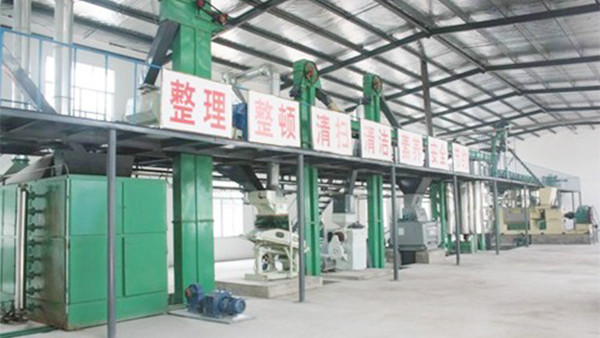
Pretreatment Methods in Biodiesel Production Processes
The decomposed oil loses fatty acids which become detached FFAs, or ¡°used¡± oil and therefore less expensive feedstock to purchase. In order to increase the overall yield of biodiesel, the high-FFAs oil requires pretreatment processing that means subjecting the oil to acidic conditions, where the FFAs are converted to fatty acid esters and thereby lowered pH to acceptable values in the oil
Get Inquiry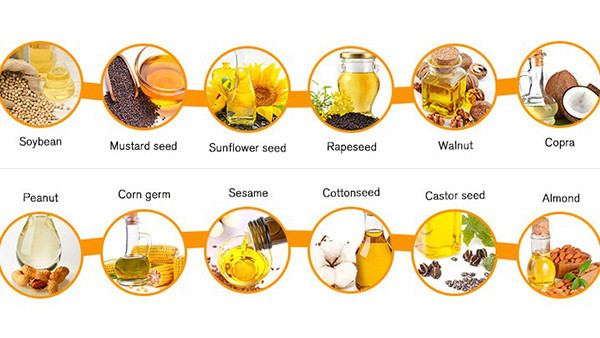
Current Technologies and Future Trends for Biodiesel Production: A
Duz et al. started lab station using microwave heating in a laboratory-scale chemical synthesis reactor with 1% for NaOH:oil ratio (mass), 1:10 for oil:methanol molar ratio and 6 min reaction time as a result of their transesterification process with 98.4% methyl ester content of safflower oil and viscosity, density, cloud point, flash point, such as cetane number have obtained biodiesel in
Get Inquiry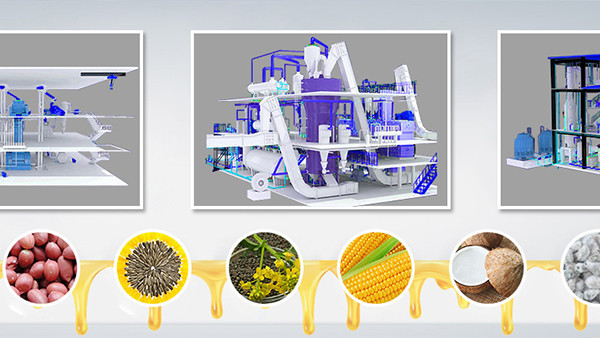
Frontiers - Intensified biodiesel production from waste cooking oil
In this paper, the transesterification reaction of waste cooking oil (WCO) with methanol using KOH as catalyst to produce biodiesel was performed in a micro-reactor (1 mm ID) using a cross-flow inlet configuration. The effects of different variables such as, methanol-to-oil molar ratio, temperature, catalyst concentration, and residence time on biodiesel yield, as well as the associated flow
Get Inquiry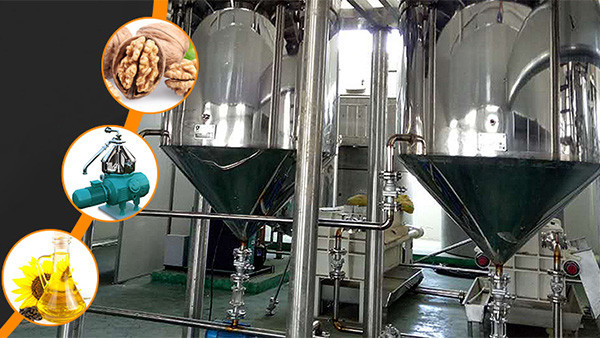
Low-cost alternative biodiesel production apparatus based on ... - Nature
Fatty acid methyl esters (FAMEs) are sustainable biofuel that can alleviate high oil costs and environmental impacts of petroleum-based fuel. A modified 1200 W high-efficiency food blender was
Get Inquiry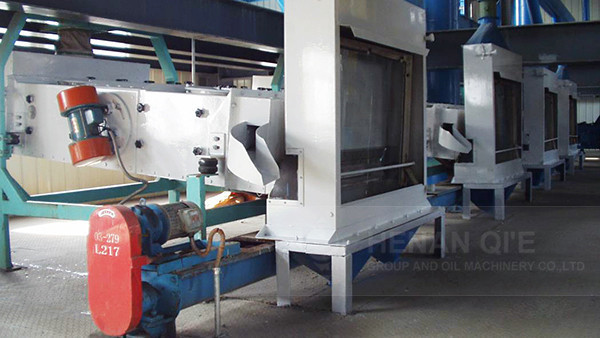
Biofuels, biodiesel and biohydrogen production using bioprocesses. A
Energy demands, pollution and global warming induced by globalization are rising, thus calling for alternative sources of energies. In particular, biofuels are increasingly used for transportation, electric power and heat energy generation. Biofuels can mitigate greenhouse gas emissions by up to 50%. Biofuels are produced from organic matter and waste such as dry lignocellulose, algae, yeast
Get Inquiry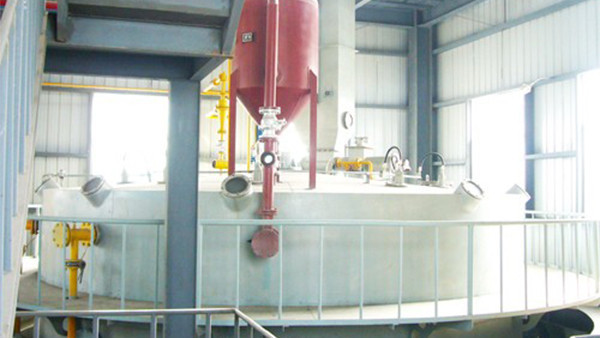
Biodiesel synthesis from neem oil using neem seeds residue
The main objective of the current reach work is to utilize the waste neem seed powder post-oil extraction for catalyst synthesis and use it for biodiesel production. The powdered carbon material is further modified by impregna-tion of KOH by 0.5 to 2.5 wt% and characterized by vari-ous techniques (SEM, EDS, and BET).
Get Inquiry
Moringa oleifera Seeds and Oil: Characteristics and Uses for Human
Indeed, Moringa oil could be a good substitute for olive oil in the diet as well as for non-food applications, like biodiesel, cosmetics, and a lubricant for fine machinery. Moreover, after oil extraction, the seed cake can be used in waste water treatment as a natural coagulant [ 4 ] or as an organic fertilizer to improve agricultural productivity [ 5 ].
Get Inquiry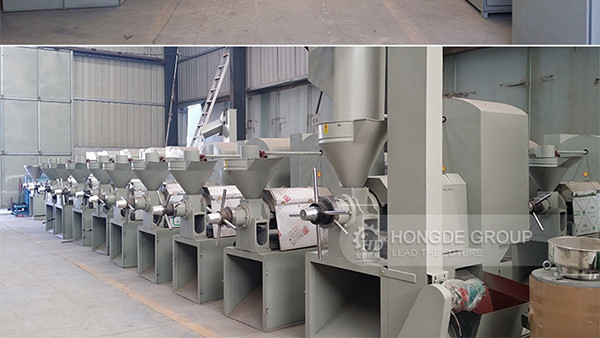
A Comprehensive Review on 1st-Generation Biodiesel Feedstock Palm Oil
The rapid depletion of conventional fuel reserves and the increase in environmental pollution prompted the search for a sustainable energy solution. Biodiesel is one of the most promising energy substitutes with similar properties as conventional diesel fuel. Surplus availability of palm oil makes it suitable for biodiesel production. Due to the lack of availability of review articles that
Get Inquiry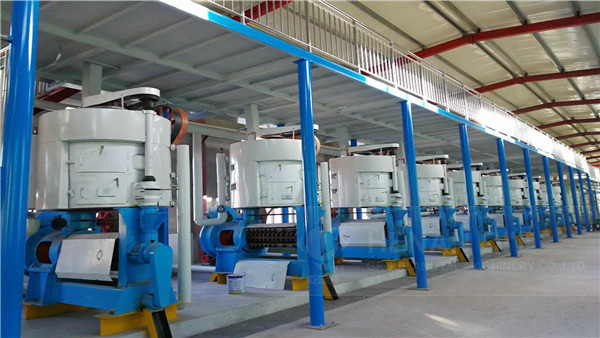
Biodiesel production in Ethiopia: Current status and future prospects
Over 95% of global biodiesel production is accounted for by edible oils such as rapeseed (84%), sunflower oil (13%), palm oil (1%), soybean oil, and so on (2%) [44, 45]. However, their use causes a food-versus-fuel crisis, and significant environmental issues like deforestation, serious soil resource loss, and using the majority of pastoralist land.
Get Inquiry
Current Progress of Jatropha Curcas Commoditisation as Biodiesel
This article looks at the national and global actors, social networks, and narratives that have influenced Jatropha¡¯s worldwide acceptability as a biofuel crop. Jatropha Curcas is a genus of around 175 succulent shrubs and trees in the Euphorbiaceae family (some of which are deciduous, such as Jatropha Curcas L.). It¡¯s a drought-tolerant perennial that thrives in poor or marginal soil and
Get Inquiry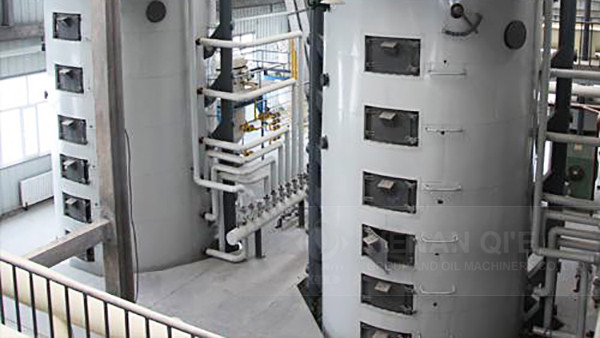
Current trends in biodiesel production technologies and future
Algal oil for biodiesel stands as the preeminent selection of researchers as algae produce greater oil yield per area of arable land, provides opportunity for enhanced strain improvement, and the ability to augment the efficacy by co-products (Narula et al., 2017). Algae can engender 200 times more oil than potential plant oils.
Get Inquiry
Production, characterization and performance of biodiesel as an
Different countries have different potential biodiesel feedstock. For example, Rapeseed is the main biodiesel source in Europe, whereas soybean oil is the most common source for biodiesel production in the US, Argentina, and Brazil. Meanwhile, Malaysia and Indonesia produced biodiesel mostly from palm oil [16].
Get Inquiry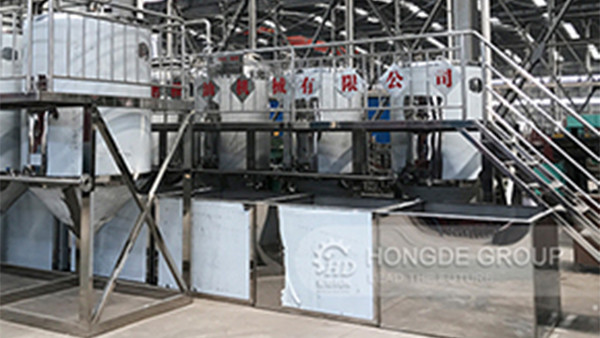
Maximizing biodiesel production from waste cooking oil with ... - Nature
Biodiesel is one of the alternative fuels, commonly produced chemically from oil and methanol using a catalyst. This study aims to maximize biodiesel production from cheap and readily available
Get Inquiry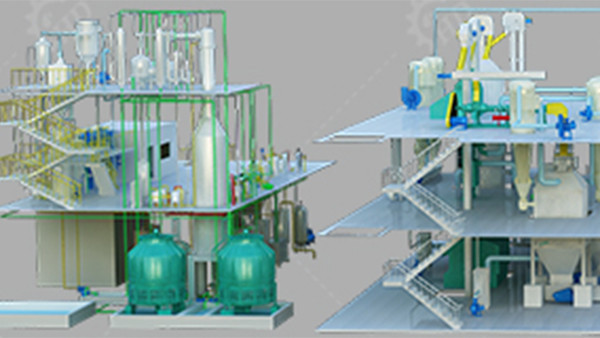
A Comprehensive Review on 1st-Generation Biodiesel Feedstock Palm Oil
The rapid depletion of conventional fuel reserves and the increase in environmental pollution prompted the search for a sustainable energy solution. Biodiesel is one of the most promising energy substitutes with similar properties as conventional diesel fuel. Surplus availability of palm oil makes it suitable for biodiesel production. Due to the lack of availability of review articles that
Get Inquiry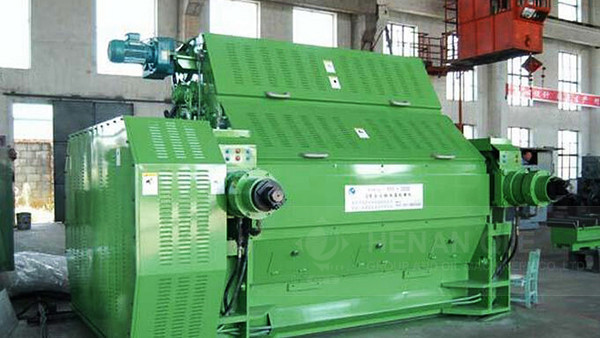
The current status, challenges and prospects of using biomass energy
Despite enormous challenges in accessing sustainable energy supplies and advanced energy technologies, Ethiopia has one of the world's fastest growing economies. The development of renewable energy technology and the building of a green legacy in the country are being prioritized. The total installed capacity for electricity generation in Ethiopia is 4324.3 MW as on October, 2018. Renewable
Get Inquiry
A Roadmap for Ethiopia - RSB
The main findings of the roadmap are: The Ethiopian economy relies heavily on agriculture, identified as an 'enabling sector' in the country's 10-year development plan (2021-2030): The Pathway to Prosperity. Ethiopia meets fuels demands entirely through imports, with the import of aviation fuel and diesel fuel having increased by 49.4% and 111%
Get Inquiry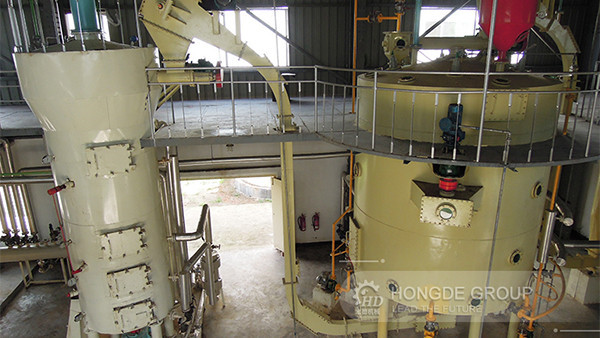
Jatropha: From Seed to Plant, Seed, Oil, and Beyond
Jatropha, as a biofuel crop, has been claimed to have many desirable characteristics such as rapid growth, easy propagation, drought tolerance, insect and pest resistance, and particularly seeds with high oil content (27¨C40%) and desired quality for biodiesel and biokerosene fuel production (Pandey et al. 2012; Dias et al. 2012; Edrisi et al. 2015; DIBER 2017).
Get Inquiry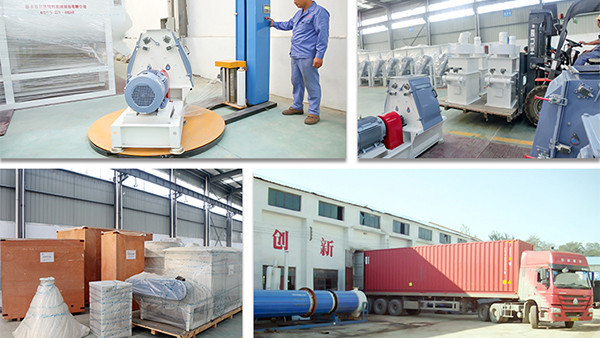
Synthesis of Biodiesel from Waste Cooking Oil by One-step
The preparation of biodiesel as an alternative to petroleum-based fuels can expand the research and development of renewable energy, and is conducive to environmental protection. In this study, waste cooking oil (WCO) was used as raw material, and then pretreated, and then esterified with methanol under the action of sodium hydroxide catalyst to transformed into fatty acid methyl ester (FAME
Get Inquiry
